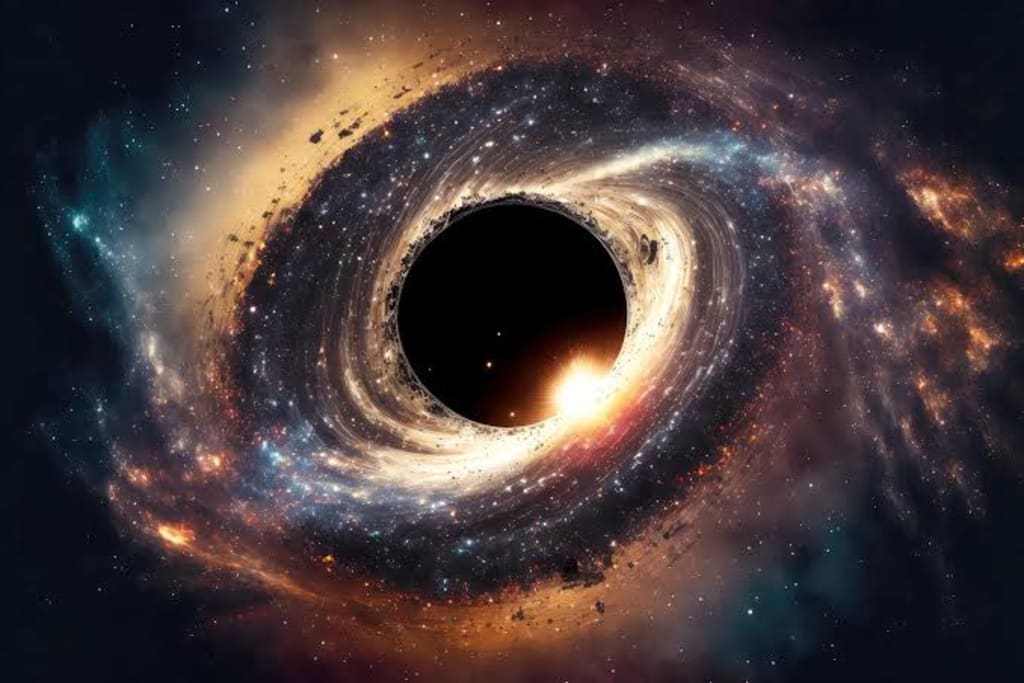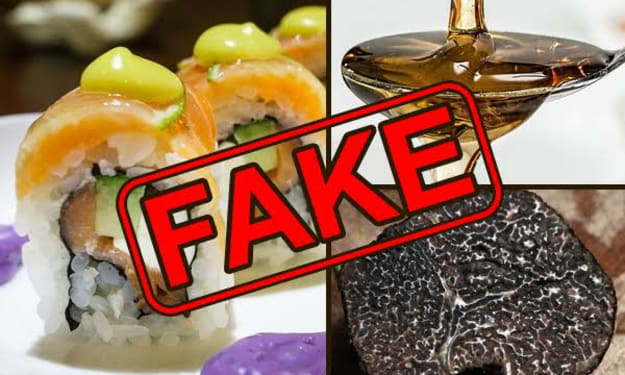Can Black Holes Be Destroyed?
The Limits of Physics

Black holes have long fascinated scientists and the public alike due to their mysterious and extreme nature. They are known for their ability to swallow everything that crosses their event horizon, but can they themselves be destroyed? What would happen if we pushed the boundaries of physics to their absolute limits, attempting to break a black hole apart? In this article, we explore the theoretical possibilities and the profound consequences of attempting to destroy a black hole.
The Inexorable Pull of Black Holes
Black holes are often depicted as cosmic vacuum cleaners, relentlessly devouring everything in their path. This reputation is well-deserved, as black holes possess immense gravitational pull due to their incredibly compact mass. Anything that crosses the event horizon, the point of no return, is destined to become part of the black hole's insatiable appetite. According to Einstein's famous equation, E=mc², any matter or energy that enters a black hole increases its mass.
Matter vs. Antimatter
One might wonder whether throwing antimatter at a black hole, instead of regular matter, would produce different results. Antimatter is essentially the counterpart of matter, with particles possessing opposite charges. However, black holes are remarkably indifferent to the distinction between matter and antimatter. When either matter or antimatter enters a black hole, their past identity is erased, and only their mass and energy content matter. In other words, throwing antimatter at a black hole is just as effective at increasing its mass as throwing regular matter.
The Quest to Destroy the Event Horizon
To entertain the idea of destroying a black hole, one must consider the fundamental attributes of black holes: mass, electric charge, and angular momentum (spin). These characteristics define a black hole's behavior and capabilities. While it might seem impossible to destroy something as enigmatic as a black hole, there are theoretical ways to try.
Overfeeding a Black Hole
One approach to destroying a black hole involves overfeeding it. This would require bombarding the black hole with objects that possess minimal mass but significant electric charge or angular momentum. By doing so, the hope is that the charge or spin of the black hole increases at a faster rate than its mass, causing it to reach a critical point.
However, this idea is a topic of intense debate among physicists. When attempting to overcharge a black hole, electrostatic repulsion between like charges becomes a significant challenge. Theoretically, a negatively charged black hole bombarded with electrons, for example, would experience repulsion. As the charge of the black hole increases, the electrostatic repulsion intensifies. There is a limit to how much charge a black hole can hold, beyond which it resists further accumulation.
A similar principle applies to the black hole's spin. When it reaches a certain limit, it might become resistant to acquiring more spin. Some physicists suggest that there may be loopholes to this limitation by introducing matter at just the right moment and in the right manner, but this remains highly speculative.
Breaking Physics: The Consequences of Success
Destroying a black hole might seem like an exciting prospect, but it comes with potentially catastrophic consequences. If one were to succeed in eliminating the event horizon, a naked singularity would be exposed. A singularity is a point at the heart of a black hole where gravity becomes infinitely strong, warping space and time to an extreme degree. This is where the laws of physics, as we understand them, break down.
A naked singularity poses an existential threat to our understanding of the universe. Predictability, causality, and the fundamental principles of physics would become meaningless in the presence of an object with infinite gravity and energy. Anything could emerge from a naked singularity, and it could lead to unpredictable and chaotic outcomes, from the formation of entire solar systems to the appearance of bizarre entities.
The Cosmic Censorship Hypothesis
Fortunately, the prevailing belief among physicists is that nature prevents the formation of naked singularities. This idea is encapsulated in the cosmic censorship hypothesis, which suggests that singularities are always concealed within event horizons to safeguard the consistency of the universe. In other words, black holes act as cosmic gatekeepers, shielding us from the madness of naked singularities.
The Patient Approach: Hawking Radiation
While attempting to destroy a black hole through brute force and overfeeding raises numerous challenges and risks, there is one method that is theoretically safe: patience. Black holes emit tiny particles known as Hawking radiation, causing them to lose mass over time. Eventually, this process leads to the black hole's "evaporation," where it loses its event horizon and, ultimately, its singularity.
The timescale for a black hole to completely evaporate depends on its mass. For small black holes, like those with the mass of a moon, this process could take an astonishingly long time, on the order of 10^44 years—far longer than the current age of the universe.
While the concept of destroying a black hole is a tantalizing idea, it remains largely theoretical and speculative. Black holes are enigmatic cosmic objects that challenge our understanding of the universe's fundamental laws. Attempting to push them to their limits could have profound and unpredictable consequences, potentially destabilizing the very fabric of the universe. As things stand, the safest way to "destroy" a black hole is to simply wait for the slow but inexorable process of Hawking radiation to take its course, reminding us of the patient and mysterious nature of the cosmos.
About the Creator
Daniella Agadi
I am an enthusiast for facts and fiction
Reader insights
Outstanding
Excellent work. Looking forward to reading more!
Top insight
Eye opening
Niche topic & fresh perspectives






Comments (1)
Actually, it is truly a question that can a black holes get destroyed? But anyways, I loved the article! It was so nicely written.